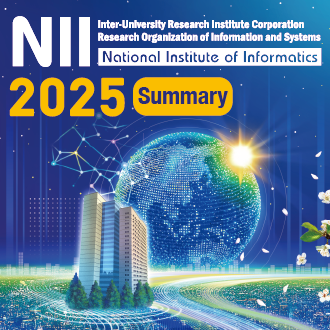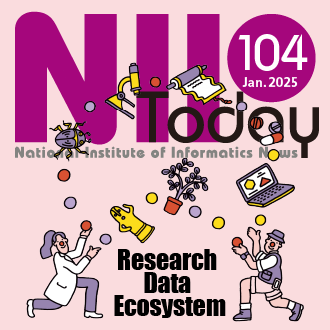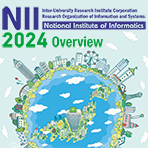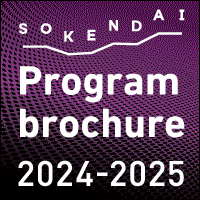EVENT
Event News
Seminar by Dr. Yasunori Aoki on the Cluster Gauss Newton method
You are all welcome to attend the following seminar.
Title:
Cluster Gauss Newton method for Parameter Estimation in Pharmacokinetics
-A story of developing a mathematical algorithm for pharmaceutical science with pharmaceutical scientists-
Speaker:
Dr. Yasunori AOKI
Visiting Associate Professor, National Institute of Informatics,
Visiting Researcher, Sugiyama Laboratory, RIKEN Baton Zone Program
Time/Date:
2:00-3:00pm / August 1st (Thu.), 2019
Place:
Room 1810, 18th floor, NII
https://www.nii.ac.jp/en/about/access/
Abstract:
Parameter estimation problems of mathematical models can often be formulated as nonlinear least-squares problems. Typically these problems are solved numerically using iterative methods. The local minimiser obtained using these iterative methods usually depends on the choice of the initial iterate. Especially, when there is no unique global minimum to the nonlinear least-squares problem, the algorithm finds one of the solutions near the initial iterate. Hence, the estimated parameter and subsequent analyses using the estimated parameter depends on the choice of the initial iterate. One way to reduce the analysis bias due to the choice of the initial iterate is to repeat the algorithm from multiple initial iterates. However, the procedure can be computationally intensive and is not often implemented in practice. In pharmaceutical science, there are many mathematical models where the parameters are not uniquely identifiable from the observation, and this issue of nonunique global minimisers appears often.
To overcome this problem, we propose the Cluster Gauss-Newton (CGN) method, an efficient algorithm for finding multiple global minimisers of nonlinear-least squares problems. CGN simultaneously solves the nonlinear least-squares problem from multiple initial iterates. Then, CGN iteratively improves the solutions from these initial iterates similarly to the Gauss-Newton method. However, it uses a global linear approximation instead of the gradient. The global linear approximations are computed collectively among all the initial iterates to minimise the computational cost and increase the robustness against convergence to local minima.
We use mathematical models used in pharmaceutical drug development to demonstrate the use of CGN. We show that the proposed algorithm is computationally more efficient and robust against local minima compared to many of the conventional algorithms. Besides the algorithm development and the numerical experiments, we have implemented Graphical User Interface based software to disseminate our algorithm to pharmaceutical scientists.
Contact:
Ken Hayami, National Institute of Informatics, hayami (at) nii.ac.jp

 Summary of NII 2024
Summary of NII 2024 NII Today No.104(EN)
NII Today No.104(EN) NII Today No.103(EN)
NII Today No.103(EN) Overview of NII 2024
Overview of NII 2024 Guidance of Informatics Program, SOKENDAI 24-25
Guidance of Informatics Program, SOKENDAI 24-25 NII Today No.102(EN)
NII Today No.102(EN) SINETStream Use Case: Mobile Animal Laboratory [Bio-Innovation Research Center, Tokushima Univ.]
SINETStream Use Case: Mobile Animal Laboratory [Bio-Innovation Research Center, Tokushima Univ.] The National Institute of Information Basic Principles of Respect for LGBTQ
The National Institute of Information Basic Principles of Respect for LGBTQ DAAD
DAAD
